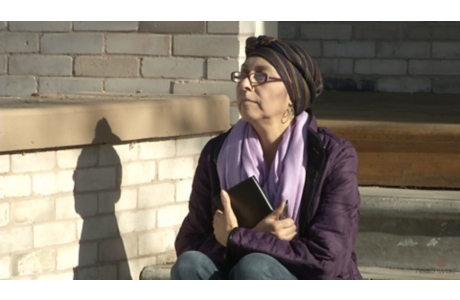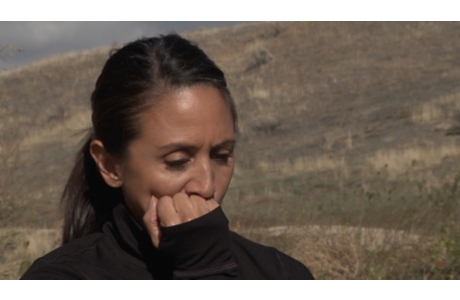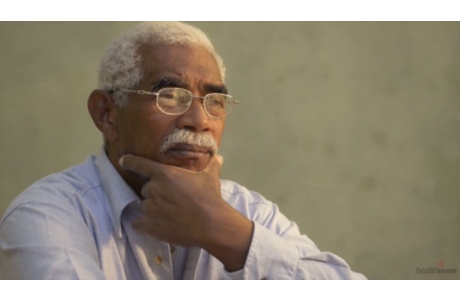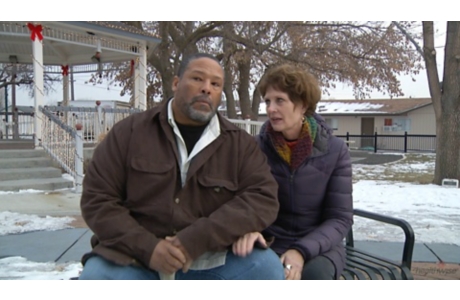cancer support: finding out that you have cancer
overview
everyone reacts differently to being diagnosed with cancer. it's common to have many emotions, or none. and your feelings may change often, without warning.
you may feel like your world has turned upside down and you've lost all control. worry and distress may seem to be taking over your life. you may have anxious thoughts swirling around in your head at all hours of the day and night. some people feel angry, sad, scared, powerless, or stunned.
give yourself time to deal with your emotions about having cancer. you may want to spend that time with loved ones, or you may need some time to yourself.
questions to ask
here are some questions that people with cancer often ask. you may have other questions that are important to you.
- what do i need to know about my cancer?
- what are my treatment options?
- what are the most common side effects of each treatment?
- how soon do i need to make a decision about treatment?
- where can i get more information about my type of cancer?
it's a good idea to write down the questions you want to ask and take the list to your doctor visits. and it can help to have a friend or family member there to listen, take notes, and support you.
how to get support
relationships take on new importance when you're faced with cancer. your family and friends can help support you. you may also want to look beyond those who are close to you.
- reach out to your family and friends.
remember that the people around you want to support you, and asking for help isn't a sign of weakness.
- tell them how they can help.
your friends and family want to help, but some of them may not know what to do. it may help to make a list. for example, you might ask them to:
- run errands or pick up kids.
- deliver meals or groceries to your home.
- drive you to appointments.
- go to doctor visits with you and take notes.
- look for help from other sources.
places to turn for support include:
- counselling.
- counselling can help you cope with cancer and the effect cancer is having on your life. different types of counselling include family therapy, couples therapy, group counselling, and individual counselling.
- your health care team.
- your team should be supportive. be open and honest about your fears and concerns. your doctor can help you get the right medical treatments, including counselling.
- spiritual or religious groups.
- these groups can provide comfort and may be able to help you find counselling or other social support services.
- social groups.
- social groups can help you meet new people and get involved in activities you enjoy. focus on activities that bring you comfort, such as spending time outdoors or being with children.
- a cancer support group.
- cancer support groups offer support and practical advice. you can hear others talk about:
- what it's like to live with cancer.
- practical ways to manage your cancer treatment and its side effects.
- ways to cope with your illness.
how cancer can affect families
cancer can impact your family in many ways. fear and other emotions can cause stress. financial worries from lost work or paying for medicines may strain relationships. and family roles and routines may change as you go through treatment and need more help from others.
where to learn more
ask your doctors to suggest good sources for cancer information. they may have information for you or may recommend trustworthy websites. and many hospitals have medical libraries that are open to the public.
a number of national organizations have websites you can trust. they include:
- canadian cancer society (https://cancer.ca)
- u.s. national cancer institute (www.cancer.gov)
- u.s. national comprehensive cancer network (www.nccn.com)
credits
current as of: october 25, 2023
author: healthwise staff
clinical review board
all healthwise education is reviewed by a team that includes physicians, nurses, advanced practitioners, registered dieticians, and other healthcare professionals.
current as of: october 25, 2023
author: healthwise staff
clinical review board
all healthwise education is reviewed by a team that includes physicians, nurses, advanced practitioners, registered dieticians, and other healthcare professionals.




